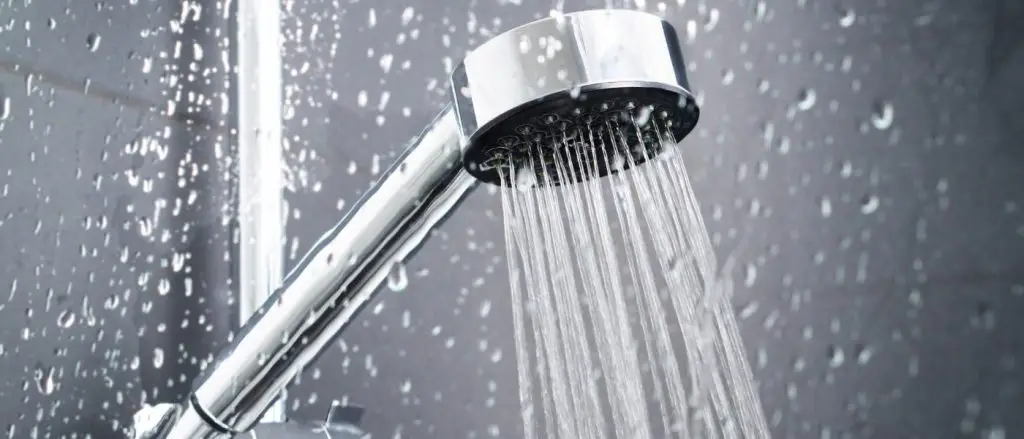Have you ever been in the middle of your shower only to find a spider scurrying away? It’s a common occurrence that leaves many of us asking the same question: why do spiders love bathrooms? From the infamously large huntsman to the itty-bitty cobweb spiders, it seems like they’re everywhere! In this article, we’ll uncover the mystery of why spiders are drawn to bathrooms, and why they make these rooms their favorite hangouts.
What are Spiders?
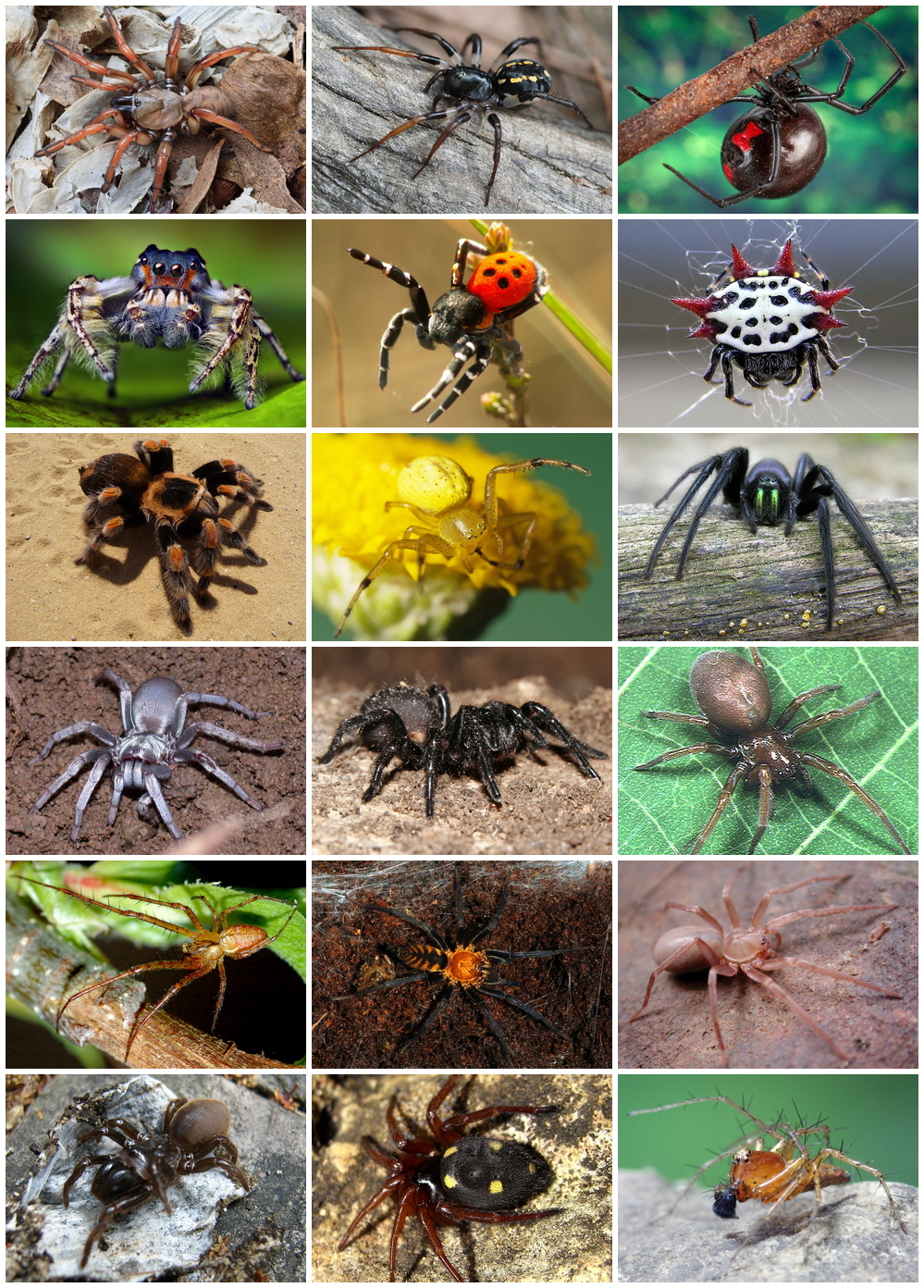
Spiders are arachnids, meaning they have eight legs and two main body parts. There are more than 40,000 species of spiders in the world, and they can range in size from the tiny, 1 millimeter long Patu digua to the massive goliath birdeater with a leg span of up to 12 inches. Spiders have a hard exoskeleton that protects them and helps them move. They also have specialized body parts that allow them to create webs to catch prey.
Overview of Spiders in Bathrooms
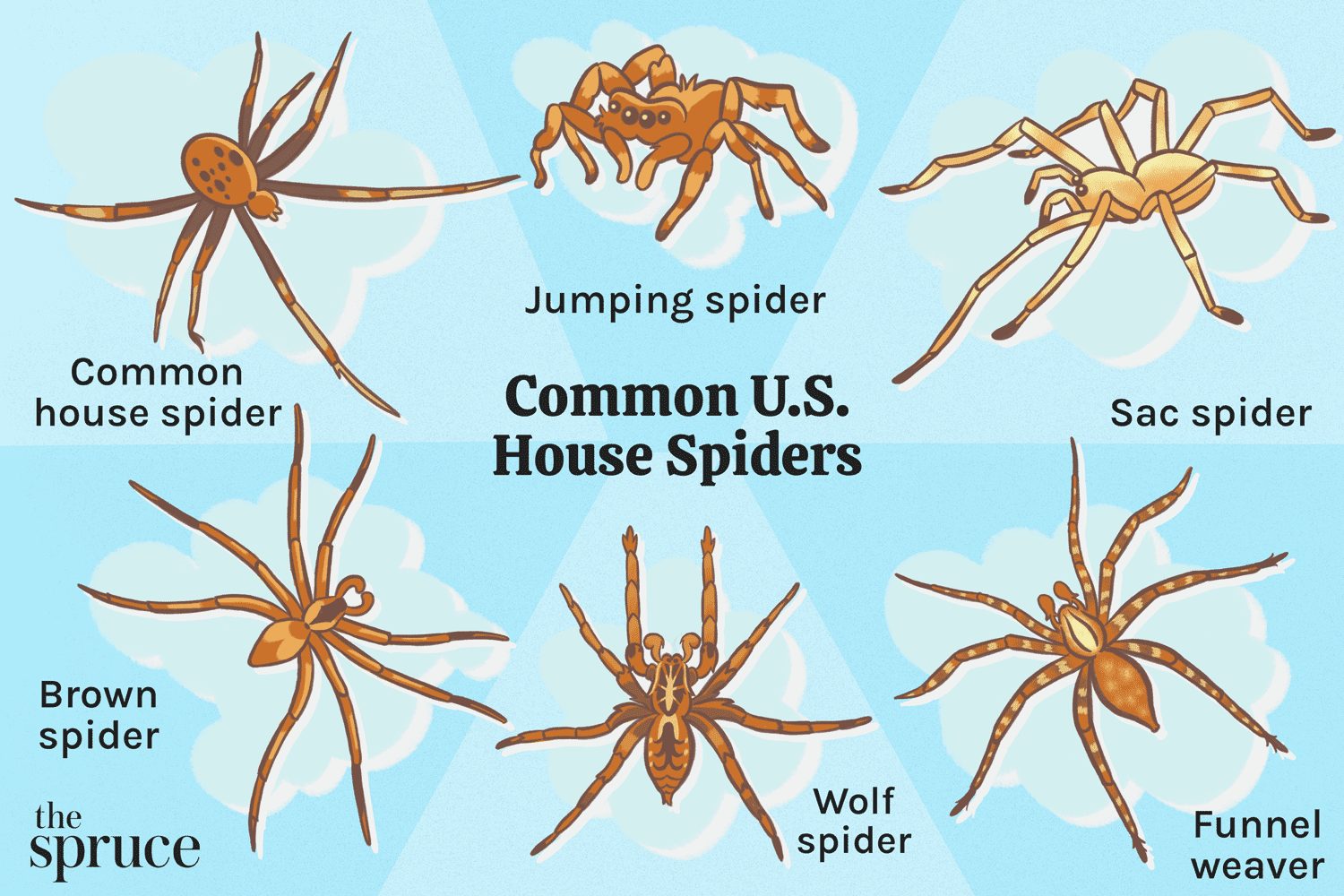
- Spiders are attracted to the moisture and humidity in bathrooms, which provides them with a moist environment to live in.
- Spiders can also find food sources in bathrooms, such as flies, moths, and other small insects.
- Bathrooms are also a safe place for spiders, as they can hide in the dark corners and cracks of the walls and ceilings.
- Spiders will also seek out bathrooms that have a lot of clutter, as they can hide among the items and feel safe.
- Spiders may also build webs in bathrooms, as they can catch food more easily in these areas.
- Bathrooms can provide a nice warm environment for spiders, which helps them to thrive in colder months.
Reasons Why Spiders Like Bathrooms
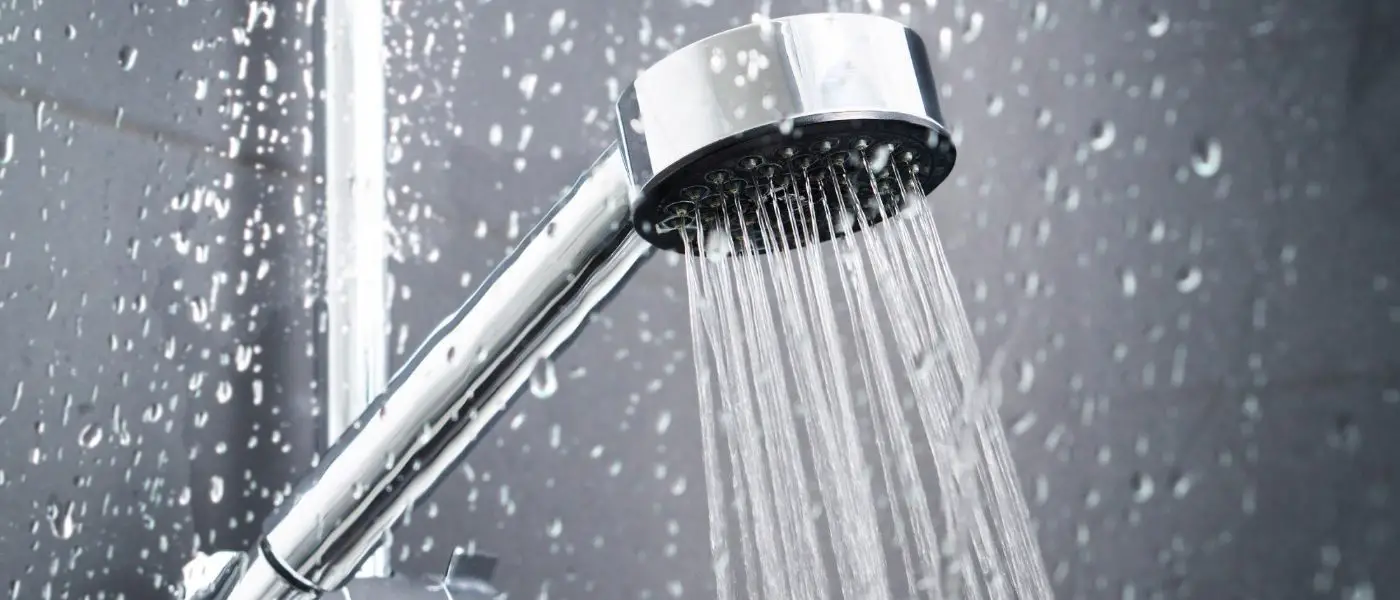
Spiders are attracted to bathrooms due to the abundance of food, water, and shelter that they can find. Bathrooms provide spiders with plenty of insect prey, such as flies, moths, and other small insects. The moisture in the bathroom also provides spiders with a humidity-filled habitat. Additionally, bathrooms have several dark, hidden nooks and crannies for spiders to hide in, such as behind the toilet, under the sink, or in the shower. Spiders may also be attracted to bathrooms due to the warmth from the hot water heater, which provides a comfortable environment for them to live in. Finally, bathrooms have plenty of webs for spiders to spin, as well as materials for them to use for web-building.
Moisture
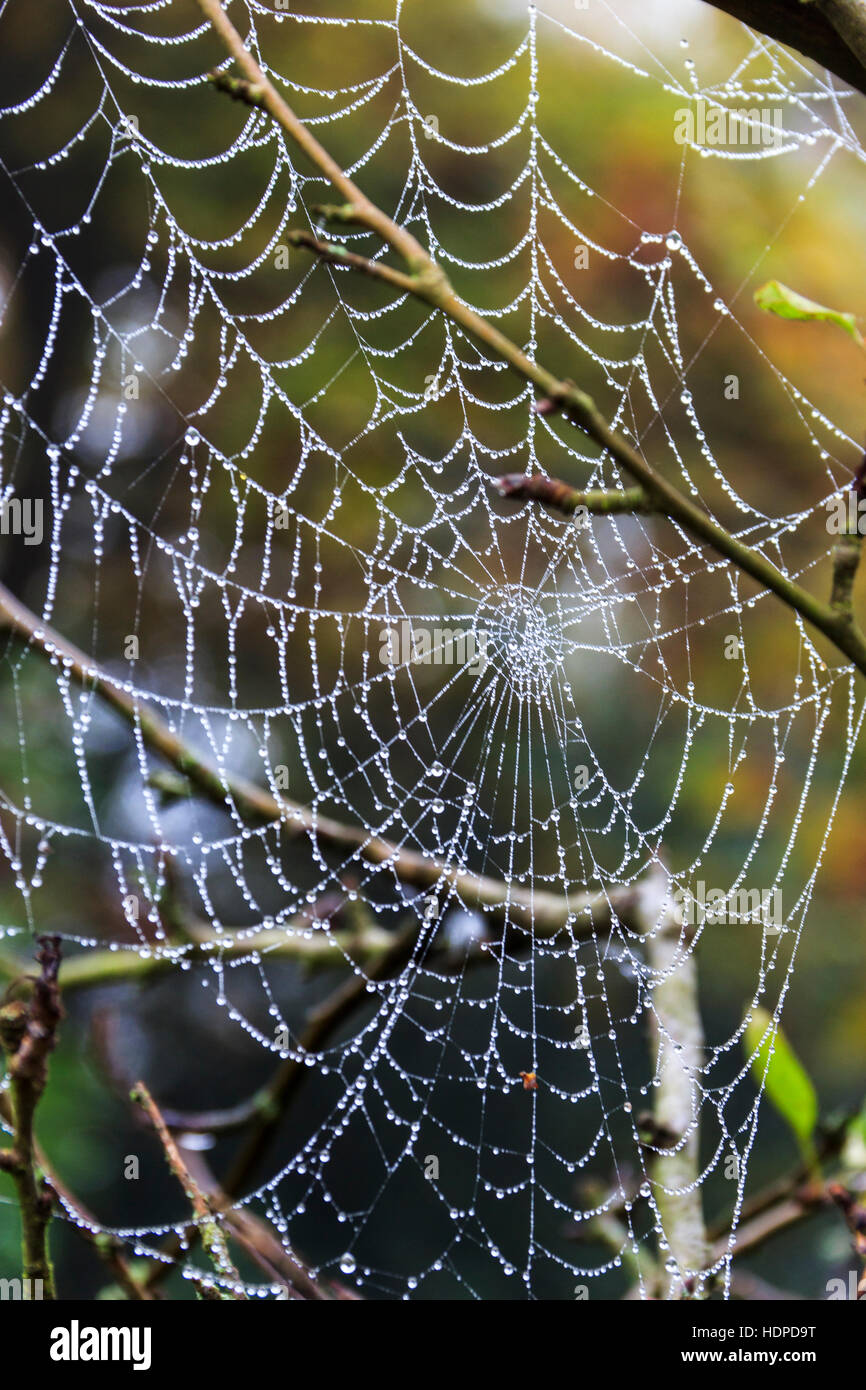
- Bathrooms tend to be more moist than other rooms, due to the presence of a shower or tub.
- The higher moisture content of bathrooms provides a more suitable climate for spiders.
- The humidity in bathrooms is often a good source of water for spiders, which they need to survive.
- The moist environment of bathrooms also provides a good place for spiders to hide, as it is less likely to be disturbed.
Temperature
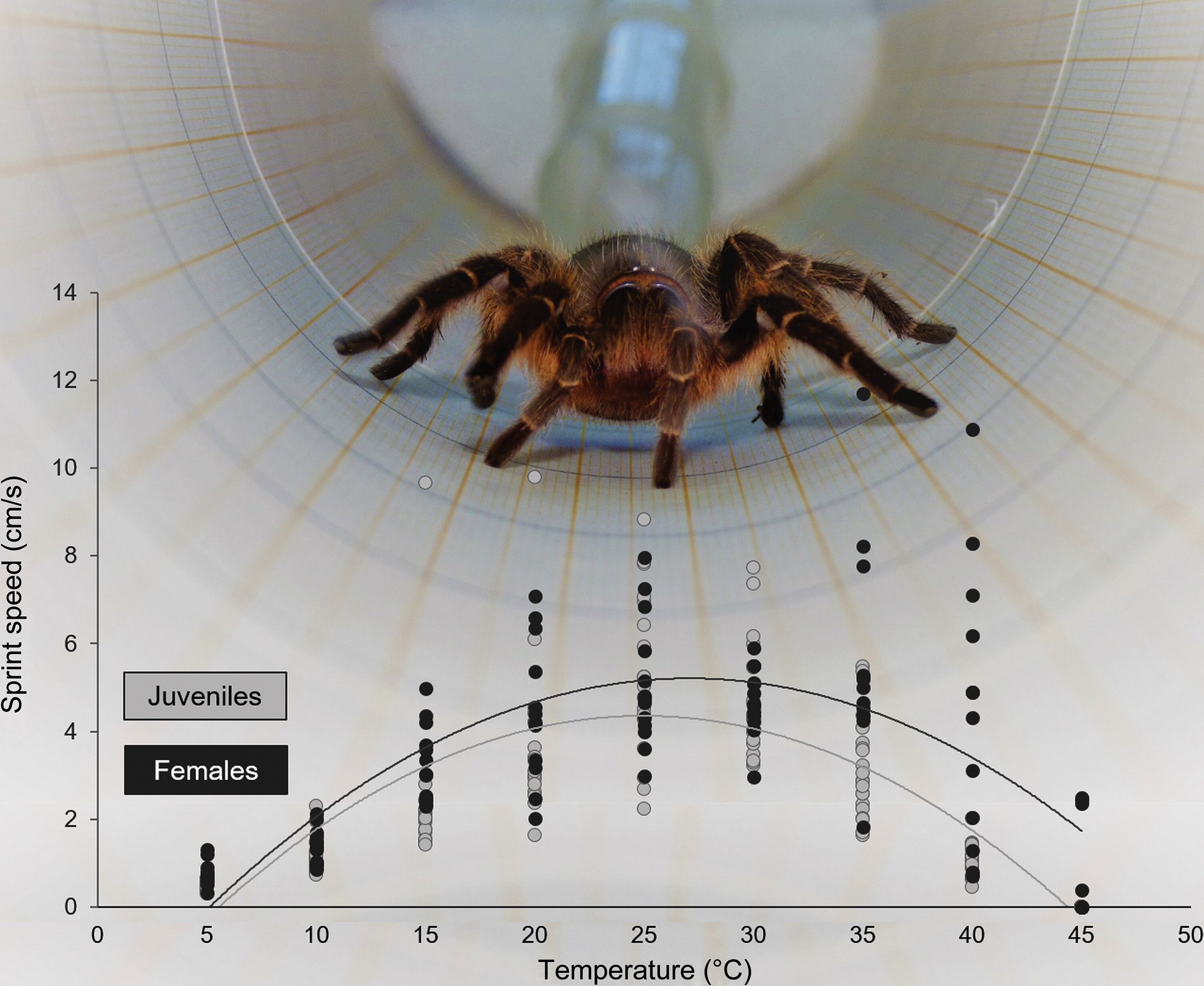
Spiders often inhabit bathrooms because the temperature and humidity levels are ideal for them. Bathrooms are usually warm and humid, which helps spiders to survive in their environment. The temperature of bathrooms can be controlled by adjusting the thermostat, which helps to maintain a comfortable temperature for spiders.
| Temperature | Ideal for Spiders |
|---|---|
| Warm | Yes |
| Cool | No |
| Humid | Yes |
| Dry | No |
Protection
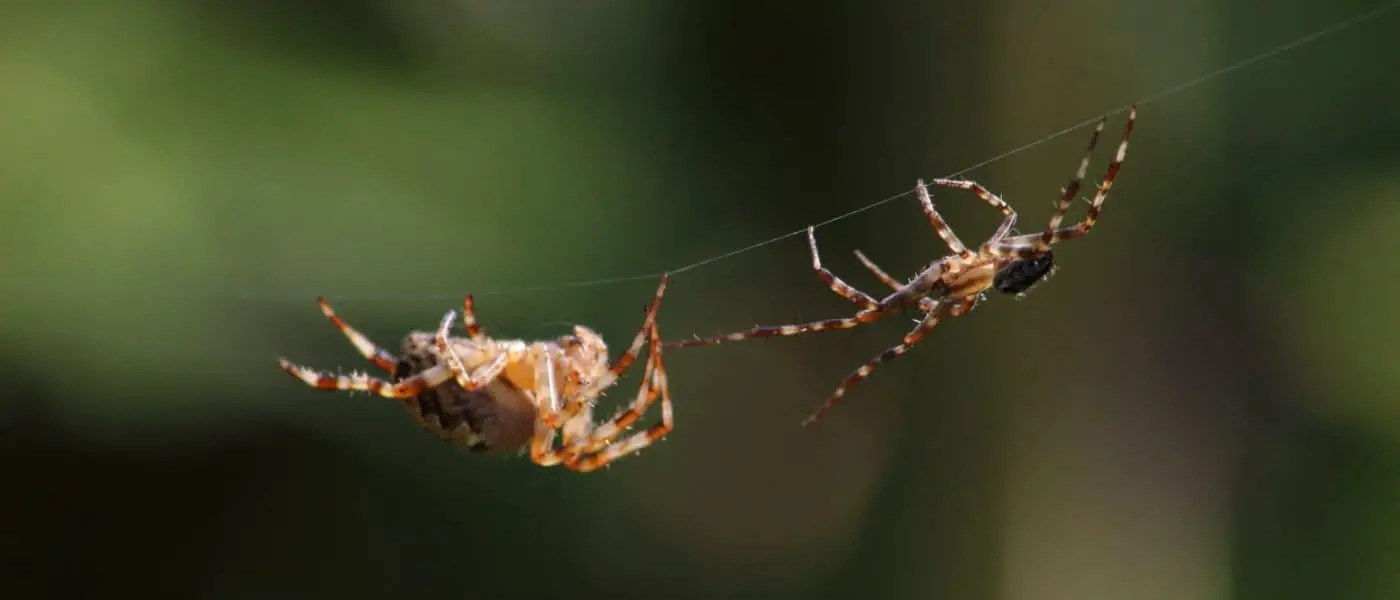
- Bathrooms offer spiders a safe, dark, and moist environment.
- Spiders can find an abundance of food, such as flies and other insects in bathrooms.
- The walls and fixtures of the bathroom offer protection from predators.
- The tiles, grout, and other surfaces in the bathroom provide plenty of places for spiders to hide.
- The humidity in a bathroom is ideal for most spider species.
Food
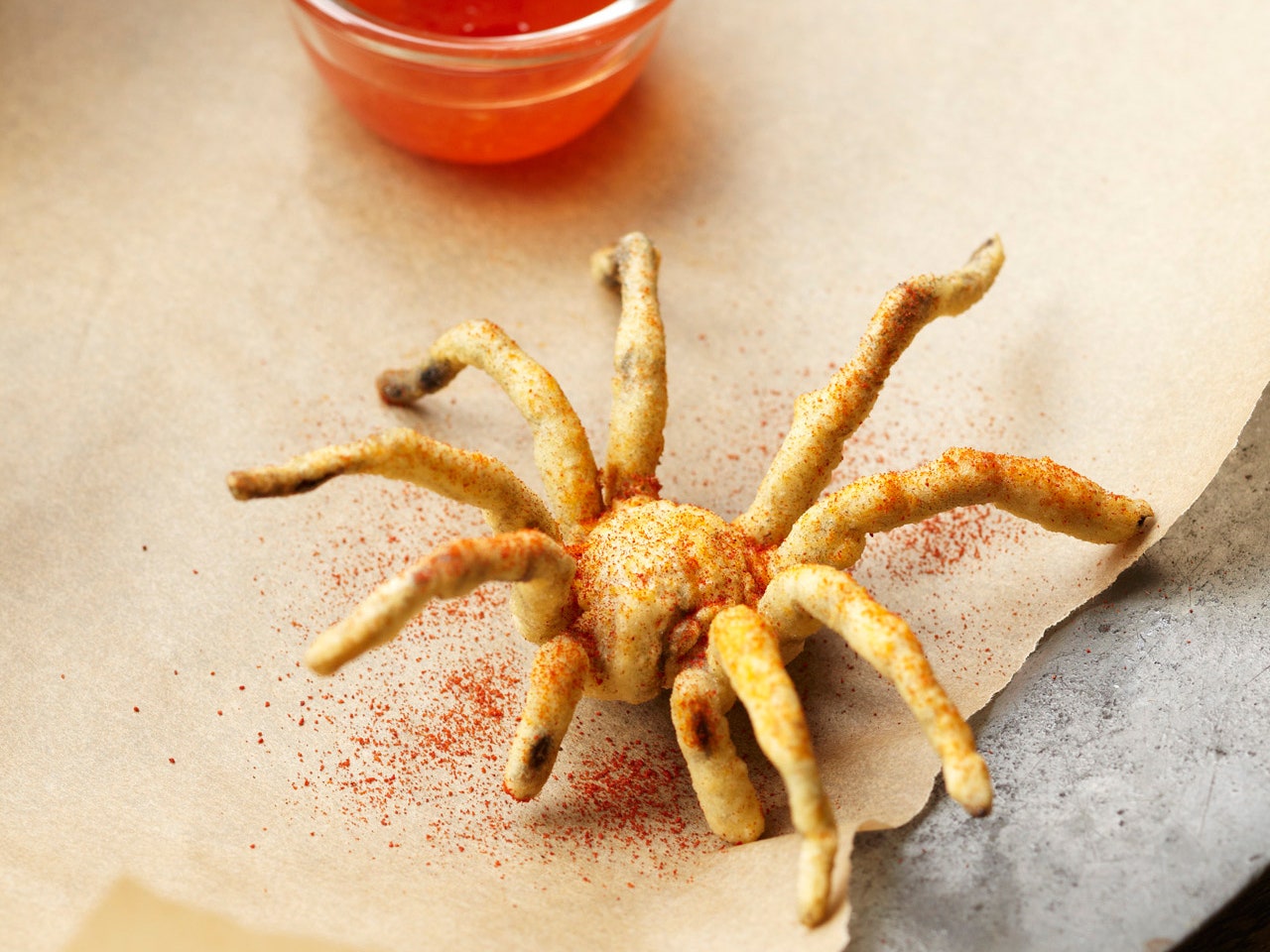
Bathrooms are usually a food-rich environment. Spiders can find a variety of insects and other arthropods in and around a bathroom, including flies, moths, and cockroaches. These insects are a valuable source of nutrition for spiders. Additionally, bathrooms are often humid and warm which makes them a favourable habitat for many species of insects and other arthropods. This provides spiders with an abundant food source that is easily accessible.
Prevention Measures
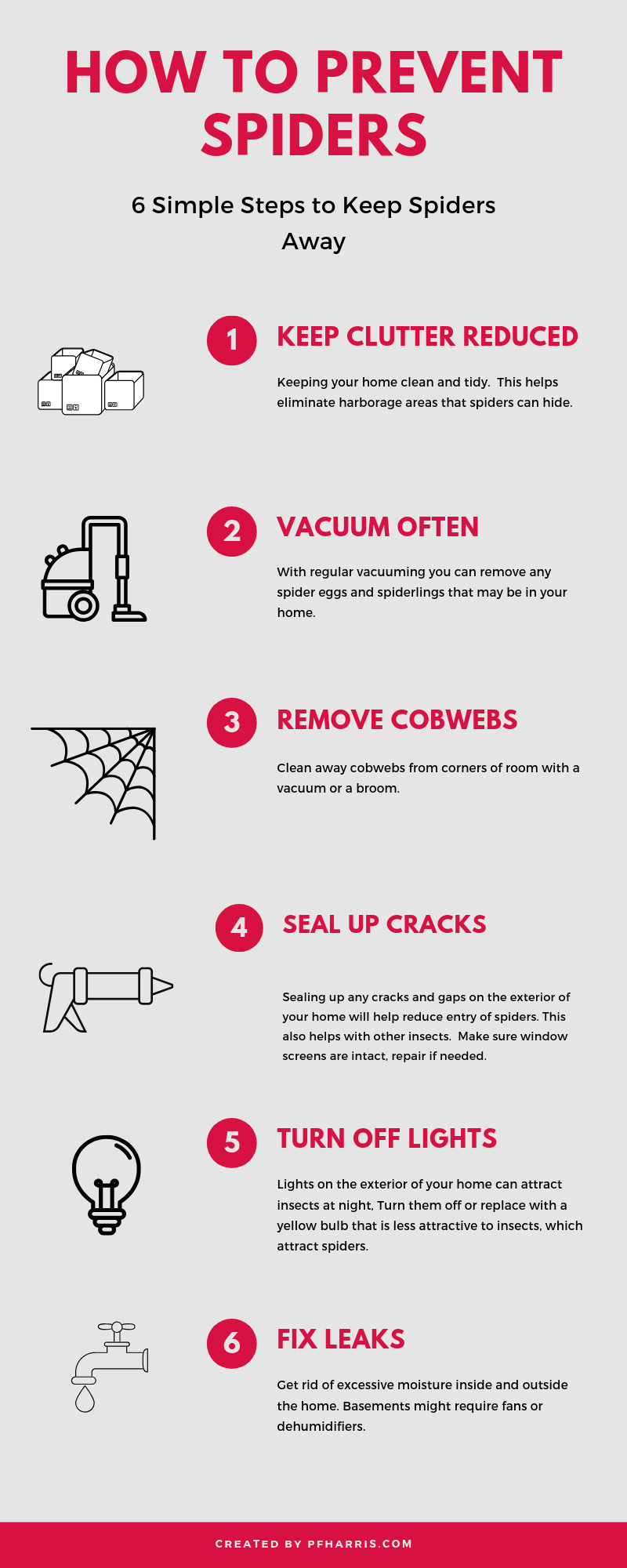
- Seal up cracks and crevices in walls and foundations, as these are entry points for spiders to enter homes.
- Remove debris from the exterior of the home, such as leaves and plants, which can potentially attract spiders.
- Install door sweeps on exterior doors to prevent spiders from entering the home.
- Inspect items that are brought in from outdoors, such as firewood, plants, and furniture.
- Keep bathrooms clean and dry, as spiders are attracted to moist areas.
- Repair any plumbing leaks, as spiders are attracted to excess moisture.
- Vacuum and dust regularly to remove spider webs.
- Apply insecticides in cracks and crevices, as well as around window and door frames, to prevent spiders from entering the home.
Cleanliness
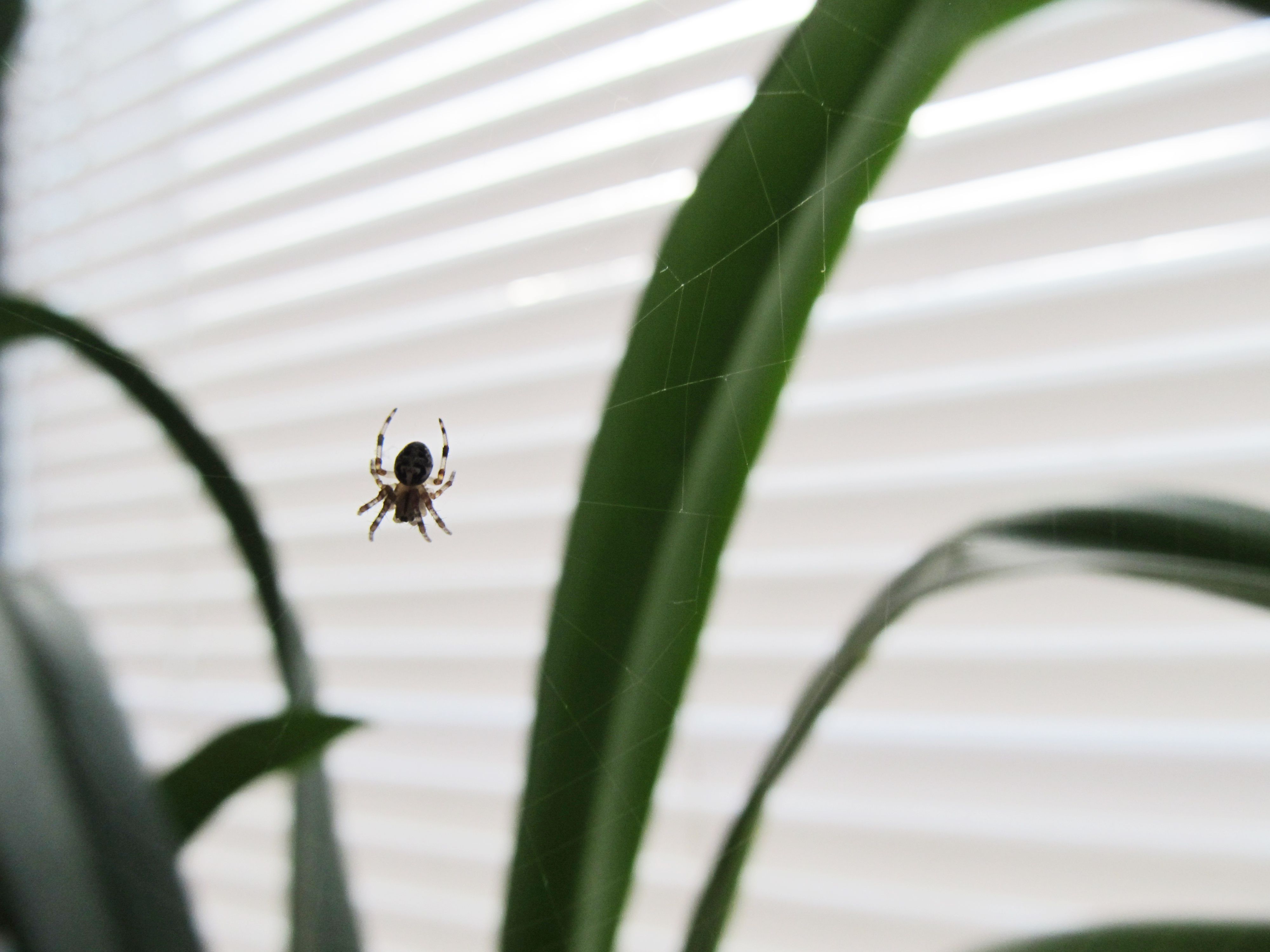
| Reason | Explanation |
|---|---|
| Sanitary Environment | Bathrooms are generally kept clean, providing spiders with a suitable sanitary environment. |
| Moisture | Bathrooms are usually humid and moisture-rich, making them a great place for spiders to thrive. |
| Food Source | The abundance of insects, such as flies and cockroaches, attracted to damp, warm bathrooms makes it an ideal food source for spiders. |
Spiders are attracted to clean, moist environments, and bathrooms provide exactly these conditions. Bathrooms offer a great place for spiders to live due to the presence of a sanitary environment, moisture, and food sources.
Vacuuming
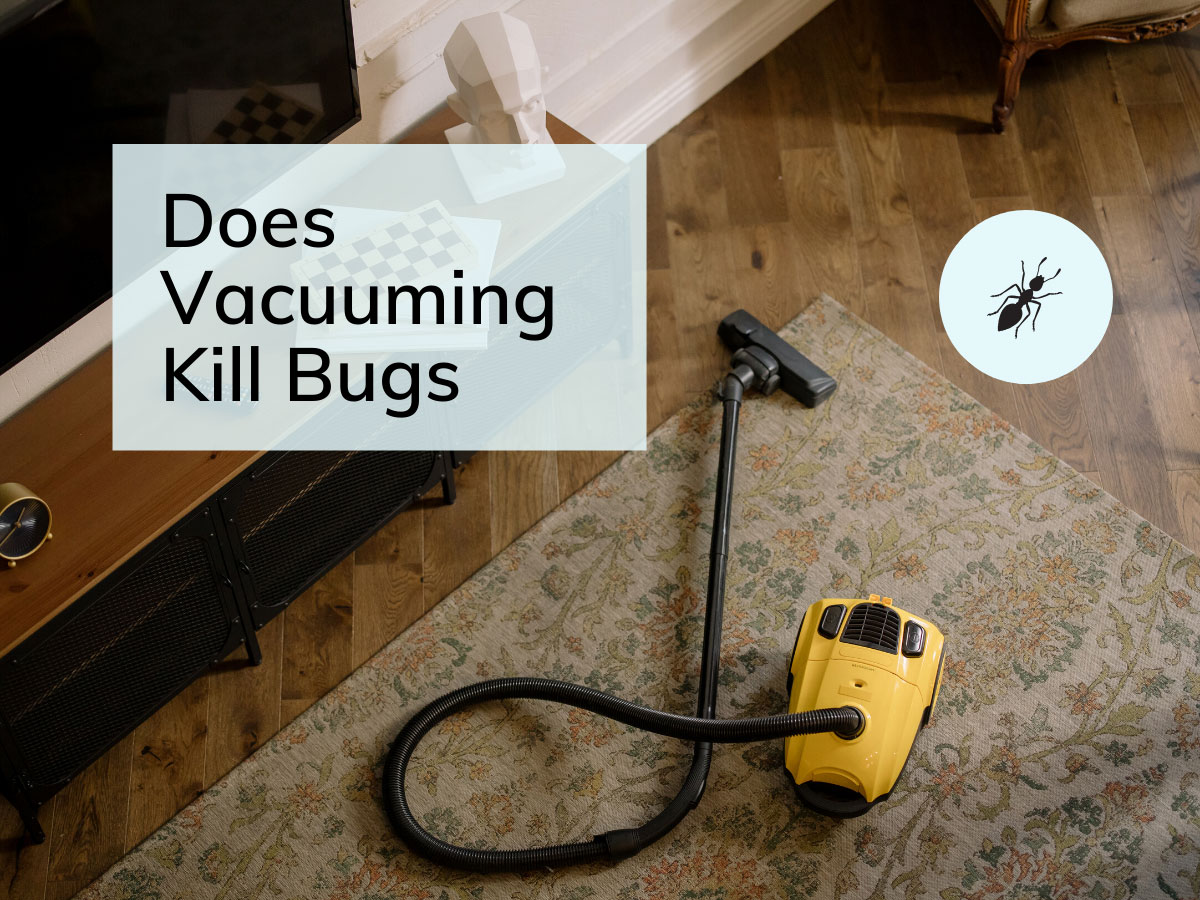
| Benefit | Detriment |
|---|---|
| Removes spiders and webs | Creates dust that attracts spiders |
Vacuuming is a widely used tool for cleaning bathrooms. It can remove webs and spiders, but also creates dust that can attract spiders.
Sealing Cracks
Spiders often enter bathrooms through small cracks, crevices and openings in walls, windows, and doors. To prevent spiders from entering, homeowners should make sure to seal any openings around windows, doors, and walls. Caulking is a simple and effective way to seal gaps and cracks, while also providing a waterproof barrier. Additionally, homeowners can also use weatherstripping and door sweeps to seal any gaps that may be left around doors and windows. These materials can be purchased at any local hardware store.
| Solution | Description |
|---|---|
| Caulking | Seal gaps and cracks to prevent spiders from entering and provide a waterproof barrier. |
| Weatherstripping | Seal gaps around doors and windows. |
| Door Sweeps | Seal gaps around doors and windows. |
Natural Repellents
- Essential oils: Citronella, peppermint, tea tree, lavender, eucalyptus, and rosemary oil are some of the essential oils used to repel spiders.
- Garlic: Garlic spray is a natural repellent for spiders. Garlic is also a natural insecticide and can be used to kill spiders.
- White vinegar: White vinegar contains acetic acid, which is a natural spider repellent. It can be used as a spray or placed in containers in areas where spiders are likely to enter.
- Cayenne pepper: Cayenne pepper is a natural spider repellent and can be used as a spray or sprinkled in areas where spiders are likely to enter.
- Lemons: Lemons contain citric acid, which is a natural spider repellent. You can use lemon juice or slices of lemon as a spider repellent.
- Cinnamon: Cinnamon is a natural spider repellent and can be used as a spray or sprinkled in areas where spiders are likely to enter.
Frequently Asked Questions
What is the mystery behind spiders’ affinity for bathrooms?
Spiders have a strange affinity for bathrooms. They lurk in corners, cling to walls, and can often be found hiding in the shower or bathtub. While it is not known why spiders are attracted to bathrooms, there are several theories that may explain this behavior. One theory suggests that spiders are drawn to the high levels of humidity in bathrooms, as this provides a moist environment that they can thrive in. Additionally, bathrooms often provide plenty of hiding spots, such as behind toilets, in crevices, and under sinks, which spiders may use to build their webs and hide from predators. Furthermore, bathrooms usually offer an abundance of food sources, such as bugs or other insects, which spiders may feed on. Ultimately, the exact reasons for spiders’ affinity for bathrooms remain a mystery.
What attracts spiders to bathrooms in particular?
Spiders are attracted to bathrooms due to the abundance of moisture and humidity, making them ideal living spaces. The warm and damp conditions provide the perfect environment for spiders to lay eggs and build webs. Additionally, bathrooms often have plenty of hiding places such as corners, cracks, and crevices, where spiders can seek shelter. Bathrooms are also a source of food for spiders, as they are usually filled with insects such as flies, moths, and mosquitoes.
How can I prevent spiders from entering my bathroom?
To prevent spiders from entering the bathroom, seal up any cracks and crevices around windows and doors with caulk or weather stripping. Place door sweeps on the bottom of doors to help seal gaps. Regularly inspect the interior and exterior of the home for spider webs and eggs. Vacuum up spiders, webs, and egg sacs when spotted. Install tight-fitting screens on doors and windows to keep spiders out. Use yellow or sodium vapor outdoor lighting, as these lights attract fewer insects, which spiders feed on.
How can I safely remove spiders from my bathroom?
Removing spiders from your bathroom requires careful consideration. To begin with, it’s important to avoid using insecticides, as this can be toxic to humans and pets. Instead, you can use a vacuum cleaner on low suction with a soft brush attachment to suck up the spider without hurting it. If you don’t have a vacuum cleaner, you can use a dustpan and brush to gently scoop the spider up and release it outside. If you are uncomfortable touching the spider, you can use a cup or jar to carefully scoop it up and release it outdoors.
Are there any dangers associated with having spiders in the bathroom?
Spiders are generally harmless, but some species of spiders can bite humans if they feel threatened. While the chances of being bitten by a spider in the bathroom are low, it’s still important to take caution and be aware of the species of spiders that may be in the area. It’s also important to note that some spider bites can cause serious allergic reactions, so it’s best to consult with a medical professional if you experience any type of reaction after being bitten.
Conclusion
Spiders are attracted to bathrooms because they offer a safe, dark, and damp environment in which to hide, hunt, and reproduce. Additionally, bathrooms are often stocked with insects and other arthropods for them to prey on. Although spiders in the bathroom can be unwelcome guests, it’s important to remember that they do help to keep insect populations in check. In addition, many spider species are harmless to humans and play an important role in the natural world.

